A Filmmaker's Guide to: Cary Grant
Film Studies (Pt.109)
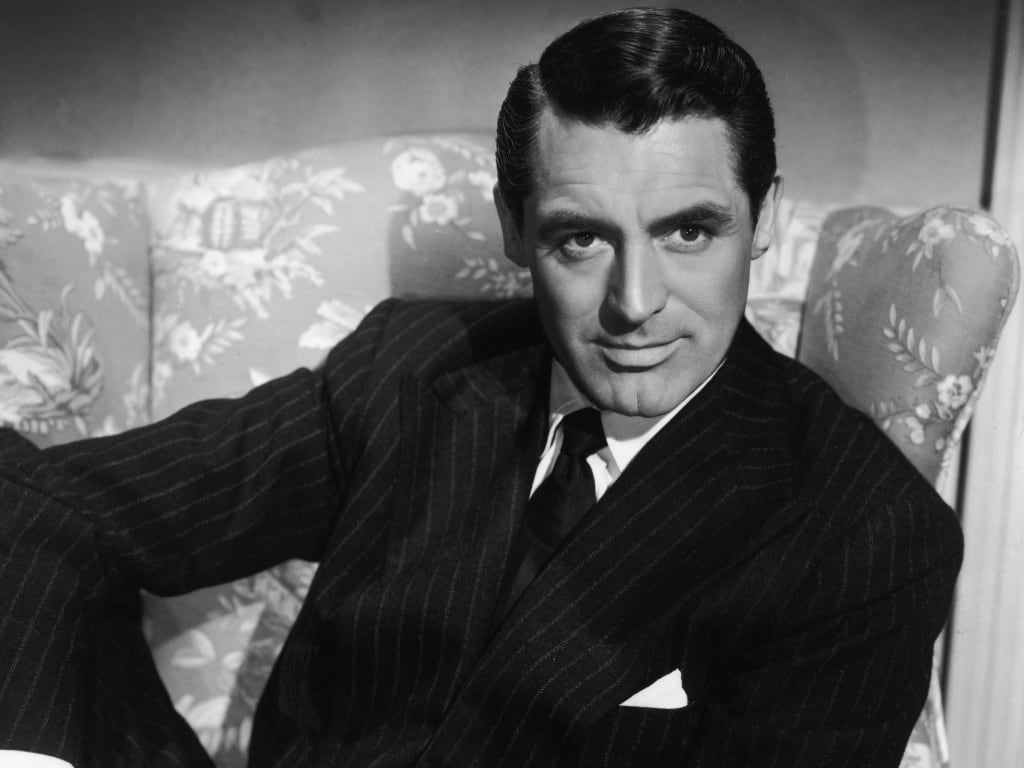
In this chapter of ‘the filmmaker’s guide’ we’re actually going to be learning about literature and film together. I understand that many of you are sitting in university during difficult times and finding it increasingly hard to study and I understand that many of you who are not at university or not planning on it are possibly stuck of what to do, need a break or even need to catch up on learning film before you get to the next level. This guide will be brief but will also contain: new vocabulary, concepts and theories, films to watch and we will be exploring something taboo until now in the ‘filmmaker’s guide’ - academia (abyss opens). Each article will explore a different concept of film, philosophy, literature or bibliography/filmography etc. in order to give you something new to learn each time we see each other. You can use some of the words amongst family and friends to sound clever or you can get back to me (email in bio) and tell me how you’re doing. So, strap in and prepare for the filmmaker’s guide to film studies because it is going to be one wild ride.
Cary Grant
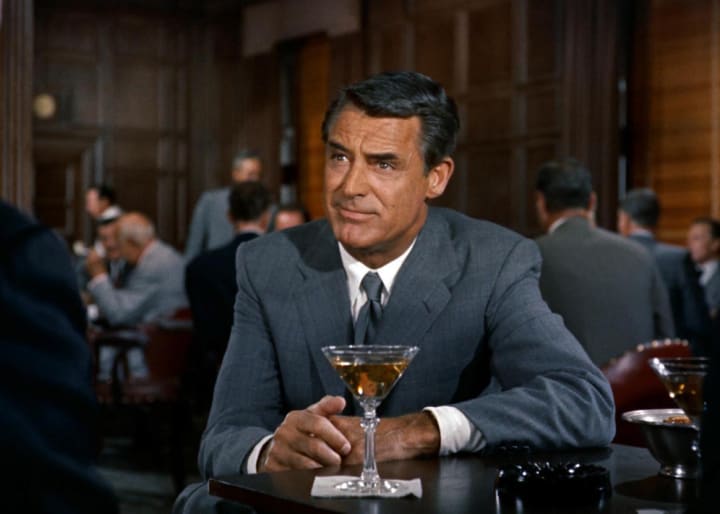
Who was he?
Born in 1904 in England, Cary Grant was an English-American actor who started off in vaudeville and theatre before traveling overseas to make his name as a leading man in everything from comedies to noirs in Hollywood. His mother was in a mental facility (an asylum) and it was all incredibly upsetting so I won't go through it too much. His first feature film would come in 1932 and broke out into the mainstream for his role in a film co-starring Katharine Hepburn in "Bringing Up Baby" (1938).
What did he do in film?
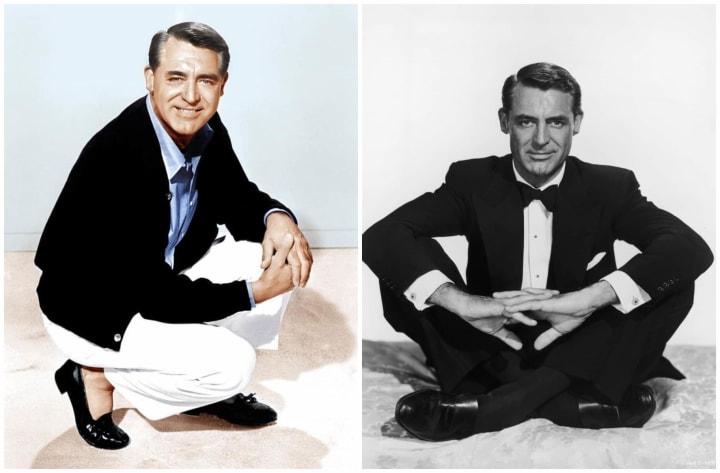
Cary Grant was through and through a leading man. His good looks and classy personality meant he was perfect for the screen. His talent and the sheer amount he could do meant he could be in any genre of film and play any character. From the romantic hero to the thief, from the man who has his identity mistaken and gets involved in spies to the man who writes musicals, Cary Grant has done it all and it is all brilliant - he was even in a war film.
Let's take a look at some of his best performances in film and what they entailed for his career:
Bringing Up Baby (1938) dir. by Howard Hawks
Portraying Dr. Huxley, Cary Grant makes his case for being a brilliant man on the screen making his massive breakout role count in the mainstream. Able to hold his own and be remembered in a film with the amazing Katharine Hepburn, Cary Grant was brilliant in this film and it was truly one of his best roles.
His Girl Friday (1940) dir. by Howard Hawks
Another screwball comedy in which Cary Grant portrays the American rom-com hero, the famed character, Walter Burns. Proving that he can carry the whole film, he really made and amazing argument why he should be considered for more challenging roles.
Arsenic and Old Lace (1944) dir. by Frank Capra
Portraying the son of the famed Brewster family, he goes home to move in next door to his two good little aunts only to realise that they are insane on new levels. When he runs into Teddy Roosevelt, things get even worse and finally he meets up with his brother who looks entirely different and arrives home with a plastic surgeon portrayed by Peter Lorre. This black comedy proves that Cary Grant still has the theatrical nature deep within him and that he is one of the greatest actors ever. This, as you can tell, is my favourite Cary Grant performance.
Night and Day (1946) dir. by Michael Curtiz
Famous for his range, Cary Grant portrays Cole Porter in this biographical-musical on the songwriter and composer. He gives this role his all and there has clearly been a lot of research put into the role before he went into playing it. As this article is being written, I was actually re-watching this film yesterday and forgot how brilliant the acting was.
To Catch a Thief (1955) dir. by Sir Alfred Hitchcock
Portraying the fugitive-gone-recluse John Robie, this really gave Cary Grant the chance to be in a real crime/noir film in which he could get his teeth sunk into a more complex role of identity. Cary Grant probably astounded Hitchcock with his talent and the whole role of portraying this thief who is trying to chase someone else - it was the perfect role for the audience to watch.
North by Northwest (1959) dir. by Sir Alfred Hitchcock
Another Hitchcock film more towards the latter half of Cary Grant's career got him now portraying the victim of an identity crisis in which he is caught up with spies, double agents and even the secret service. It was one of his greatest roles and when it comes to it, probably one of his most complex. The plane scene is probably still one of the most respected scenes he has ever acted in when it comes to his entire career. It was amazing.
Conclusion
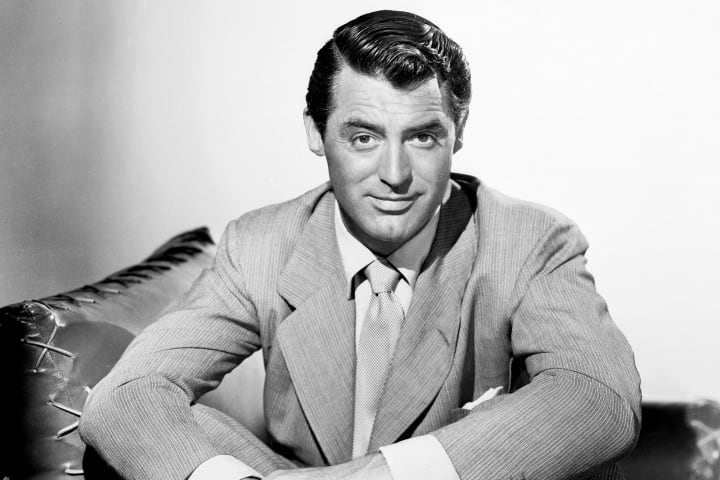
After being taken ill in 1986, Cary Grant suffered a stroke in a hotel room. He refused to be taken to hospital and refused any medical help even when the doctors showed up. He later died at the age of 82. But to be honest, looking at his filmography - he will absolutely never be forgotten ever. He had such incredible amounts of talent that the film industry continue to look up to even to this day.
About the Creator
Annie Kapur
200K+ Reads on Vocal.
English Lecturer
🎓Literature & Writing (B.A)
🎓Film & Writing (M.A)
🎓Secondary English Education (PgDipEd) (QTS)
📍Birmingham, UK


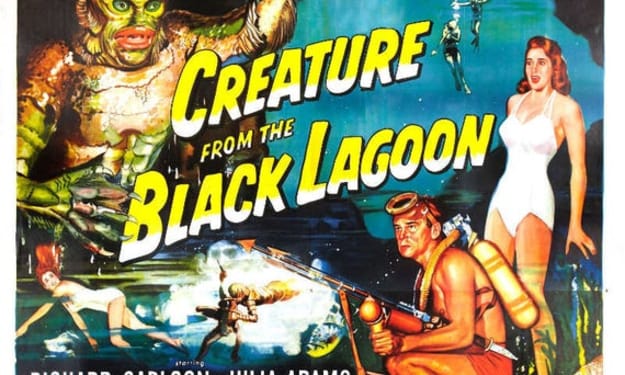

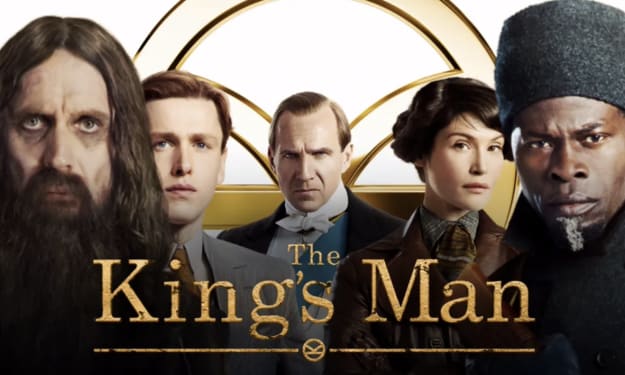

Comments
There are no comments for this story
Be the first to respond and start the conversation.